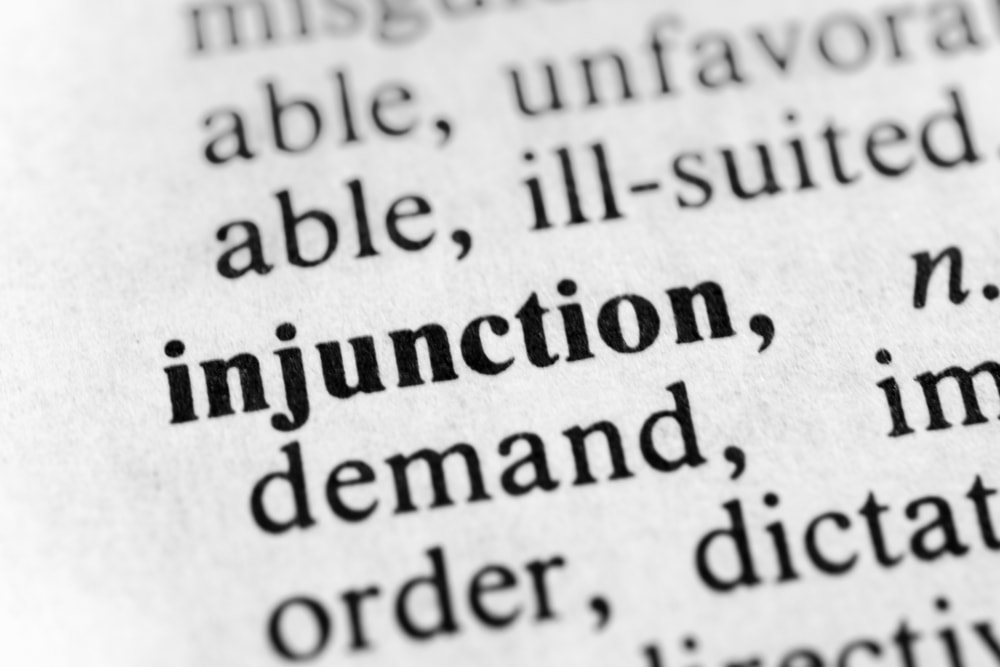Shareholders disputes can take years to conclude whether via arbitration or the court system in HK but interim injunctions can offer quick relief even before the issuance of legal proceedings.
Injunctions can be used to maintain a board’s composition and prevent “illegal” resolutions from being passed:
- To remain in management of the company: When 2 camps of shareholders are in a disagreement over the management of the company, often, directors are removed from the board without the appropriate number of votes or proper notice, in violation of the articles of association/shareholders agreement. One way of maintaining the status quo before the alleged breach took place is to obtain a pre-action injunction requiring the company to reconstitute the board such that those wrongfully removed are re-appointed. The victim can subsequently issue the proper proceedings to support the injunction, e.g. fraud, unfair prejudice, breach of contract. In the right circumstances, with the interim injunction in place, parties will gain leverage in subsequent settlement negotiations.
- To prevent board/shareholders meetings from abuse: When directors do not observe terms imposed by contract or statute in holding board/shareholders meetings, an injunction can be obtained to restrain the convening of the meeting in question and the passing of specific resolutions.
Injunctions are also important tools in protecting the very assets that form the subject matter of the dispute. Often, interim injunctions effectively dispose of the dispute.
- To identify the wrongdoer and important evidence against the wrongdoer from an innocent third party (Norwich Pharmacal): Quite often, assistance from the Court is required to compel an innocent third party, e.g. a bank in internet fraud cases, to disclose information or documents relating to the wrongdoer and the wrongdoing.
- To secure source of payment pending suit (Mareva): Restraining a defendant or would-be defendant from dissipating assets is a very important legal remedy in a variety of cases especially where the ownership rights of the assets in question are contested and their dissipation would effectively foreclose any chances of recovery/ enforcement, e.g. shares, cash in winding up cases.
One of the tricks lies in making the correct decision in conducting the application on an ex parte basis (i.e. where the other party is not aware of the application and is not present to argue their case) or on an inter partes basis (i.e. full notice to the other side is given). Your legal advisor needs to strike a balance between several factors: maintaining secrecy, going for speed and running the risk of having the injunction discharged due to failure to provide full and frank disclosure.
Recent case development on anti-suit injunctions: In cross-border contractual disputes, a Hong Kong arbitration clause can form the basis of an injunction to restrain a plaintiff from continuing legal proceedings in a foreign jurisdiction (see Dickson Valora Group (Holdings) Co Ltd and another v Fan Ji Qian [2019] HKCFI 482).
If you wish to learn more about injunctions within the context of shareholders disputes or other types of litigation, please feel free to speak to our litigation partner, Eunice Chiu or stay tuned for our in-house CPD.
Eunice Chiu
+852 9169 4356 / 2186 1885
Partner, Dispute Resolution
Oldham, Li & Nie
 Suite 503, 5/F, St. George's Building, 2 Ice House Street, Central, Hong Kong
Suite 503, 5/F, St. George's Building, 2 Ice House Street, Central, Hong Kong +852 2868 0696
+852 2868 0696






